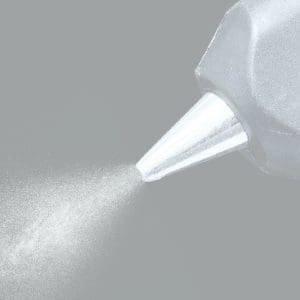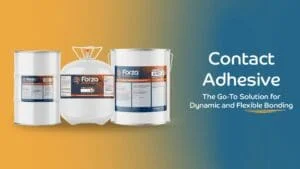The Drawbacks of PUR Hotmelts
PUR hotmelts are polyurethane hotmelt adhesives, that are used for structural bonding of panels and a wide variety of other applications. You can learn more about this type of adhesive in our blog outlining how PUR adhesives work, but PUR adhesives have become quite popular because of how versatile they are. They provide a quick bond to wood, plastics, fabrics, leather and many other substrates.
However, all this does come with downsides. For one, because of how quickly they bond, you don’t have much time to apply the adhesive and bond the substrates together. This means there is little time for adjustments, you must get it right the first time. PUR hotmelts react with the moisture in the air, so they cannot be exposed to air before use. These adhesives can create a visible bond line which is not aesthetically pleasing, and the bond line can get discolored, as these adhesives are susceptible to UV light.
There also are high costs associated with equipment and maintenance, and the equipment is quite specialized and difficult to keep clean. Maintenance on the production line must be adhered to. On the whole, PURs are more hazardous and difficult to work with than other adhesives.
So what adhesives should you use instead? There are many options, such as MS polymers, high-heat hotmelts, and spray adhesives. Contact us today, and let us know your application and the substrates you’re bonding, and we would be glad to provide our recommendations!




